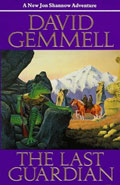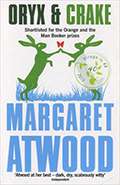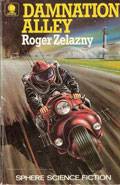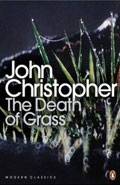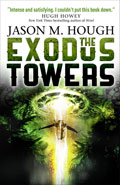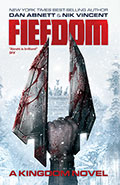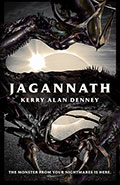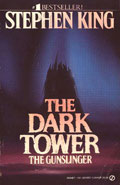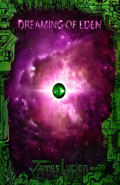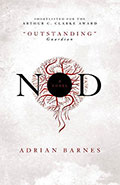The Ship
By Antonia Honeywell

- The Ship
-
Author: Antonia Honeywell
-
Publisher: Orion
- ISBN: 978-1780227344
- Published: March 2016
- Pages: 352
- Format reviewed: Paperback
- Review date: 03/03/2016
- Language: English
- Age Range: N/A
In a future where fossil fuels have dried up, global warming has decimated ecosystems, and governments are culling populations, Antonia Honeywell’s debut sees teenager Lalla escape the ruins of London to live on her father's utopian Ship with 500 others keen to enjoy a 'happy death'. Their destination is a mystery, and Lalla’s life on board soon becomes one of paranoia, grief and distrust.
The premise is uncompromising and promises a lot, but those looking for Hunger Games-style action will be disappointed. Once aboard the Ship, the story quickly becomes a coming-of-age tale designed to make you question your values.
Through the eyes of grief-stricken, love-stricken and heartbreakingly lonely Lalla, Honeywell addresses themes such as what it means to trust, the value we place on life, the power of faith and the shock of death. Their delivery isn't delicate and as a result causes the prose to swing between compelling and tedious.
The main fault is that the book sets itself up as something else. Imagining the British Museum as a murderous gas chamber, witnessing the continuous decline in food and the increasingly limited freedom of the UK's citizens makes a huge impact early on. It's dramatic, disturbing and extremely tense - you’re just waiting for Lalla to spot a swastika and launch her escape plan.
The rapid decrease in pace once on the Ship ruptures that tension. There’s no mutiny and no scary revelation. Vast swathes of the book see Lalla just walking around thinking. It becomes tiresome, particularly as an adult who can see what’s coming 50 pages before the 16-year-old protagonist.
The Ship has a good premise with some engaging moments (someone explaining what an orange is to Lalla is particularly enjoyable), but it's let down by an exciting set-up that quickly dissolves. You can't help but think that if Honeywell had made this into two separate books it would've been better off for it.
Written on 3rd March 2016 by Alice Wybrew.
